Playing Shakespeare with Deutsche Bank: Romeo and Juliet at Shakespeare’s Globe
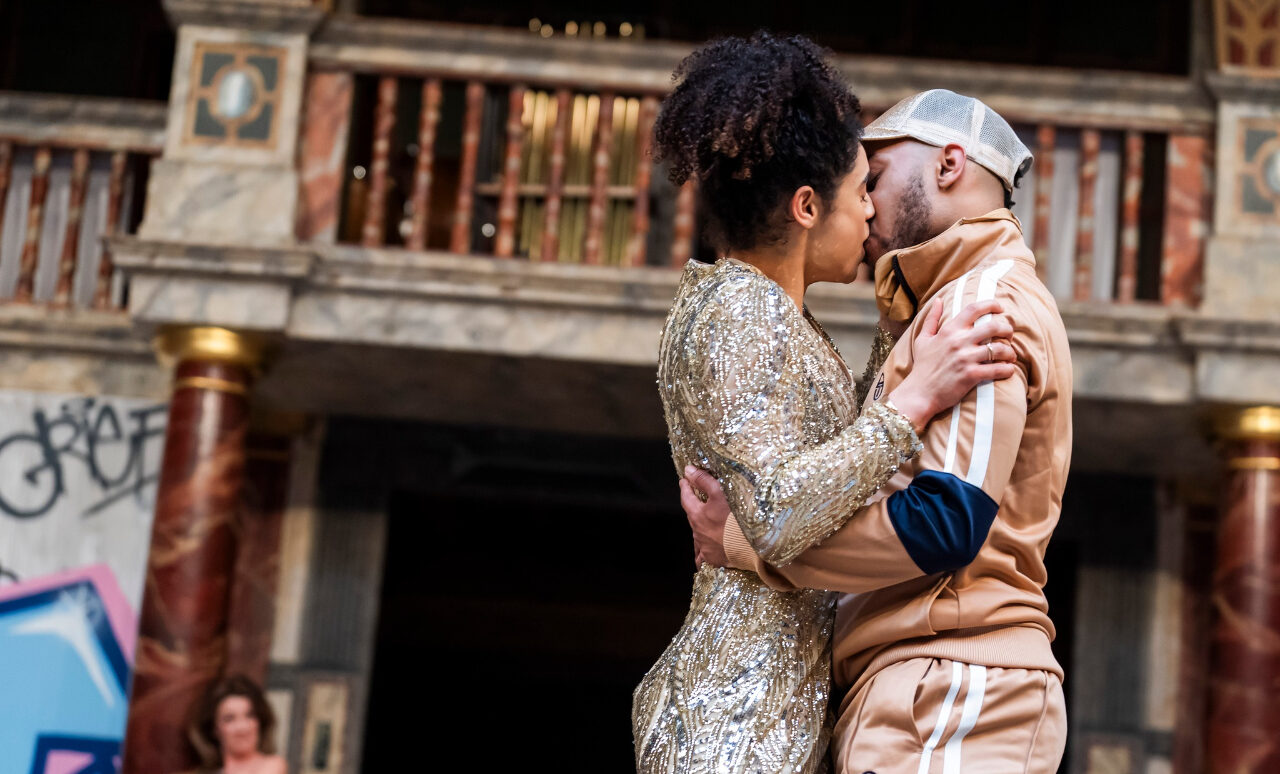
Playing Shakespeare with Deutsche Bank, a flagship partnership between the bank and the Globe, has enabled young students to experience theatre for free for many years. This year, they have chosen the most celebrated (and adapted) plays of all time for a young revamp: Romeo and Juliet but a shorter version (only 90 minutes), set in 2024 and conceived as a first introduction to the Shakespearean universe. Directed by the Globe’s Director of Education, Lucy Cuthbertson, this incarnation of the play does not lack passion and grit. It captures the essence of the story well, showing how violence, specifically gang culture, infiltrates everywhere, destroying young lives – and therefore where the relevance of the tragic love story lies, and the reason it still needs to be reimagined.
The theme of death as a result of violence is well rendered by a simple yet effective mise en scene: flowers placed at the back of the stage left to commemorate the dead, unfamiliar but soon to become familiar faces. Another memento mori is the thrilling and ominous presence of a cyclist, played by professional trials rider Owen Gawthorpe. He wears a face cover while performing jaw-dropping tricks and terrorising the young protagonists – a clever touch and a great way to create nail-biting tension.
Sharon Ballard is particularly convincing in her portrayal of Lady Capulet, trying to protect her child while violence unfolds, and she herself is stuck in this cycle. Romeo (Hayden Mampasi) and Juliet (Felixe Forde) give tender and at times humorous performances. The scene of their first kiss, for instance, perfectly encapsulates the acerbic yet powerful nature of young love, a light-hearted and playful moment that has the young audience – groups of enthralled schoolkids standing at the very front – giggling and cheering on. After all, perhaps there are not many loves as intense and devoted as teenage love. Thankfully, the play does not incur condescension, which is always the risk with works aimed at youths.
The initial half feels quite rushed, too evidently a reminder that this is a shortened version, stripping some of the most powerful instances of the play – including the first meeting between Romeo and Juliet – of their magical momentum. The shortening, however, actually works out well for the second half. The action gets quickly to the heart of the plot, gifting the audience with a scene one might not expect to find in Romeo and Juliet: while hallucinating, poor Juliet is haunted by the gruesome image of her dying cousin first, and then by a hilarious and perturbing ensemble. Other characters wear pink bunny ears and heart-shaped sunglasses while dancing around her, culminating in Paris’s (Simeon Desvignes) strip tease, much to everyone’s amusement. Tension, however, is once again made palpable by the presence of the cyclist: now wearing a panda face-covering and tulle tutu, he hovers over Juliet and performs his tricks right above her bed, with the wheels only centimetres away from her face. The audience gasps; everyone is holding their breath. It effectively renders the inner turmoil of the young protagonist and the conflict in her mind.
Overall, the play does well what it intends to: adapting the famous play so it can be easily digested by younger audiences, without patronising. In fact, it treats young love with the seriousness it deserves as well as humour, while placing it against a contemporary and turbulent backdrop of street violence that is, sadly, all too relevant and not enough talked about.
Benedetta Mancusi
Image: Tristam Kenton
Playing Shakespeare with Deutsche Bank: Romeo and Juliet is at Shakespeare’s Globe from 19th March until 13th April 2024. For further information or to book visit the theatre’s website here.

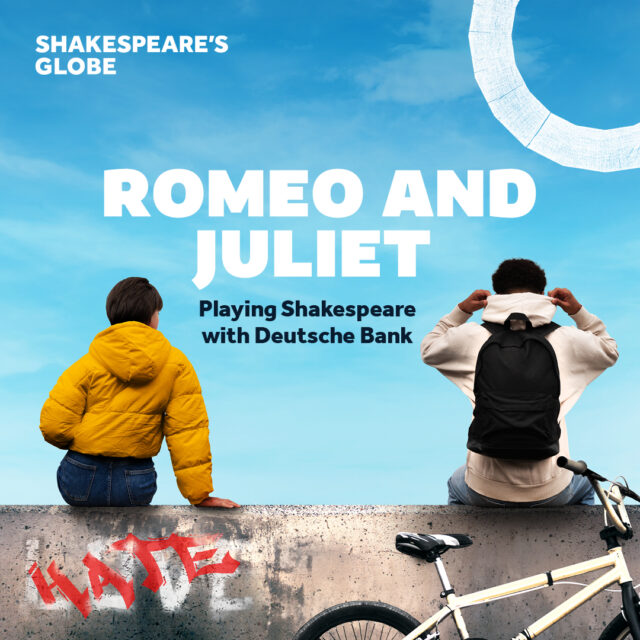
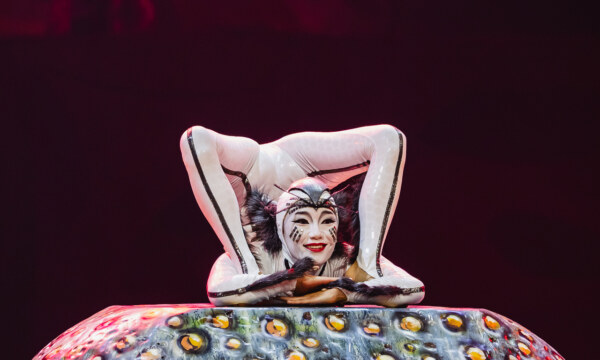
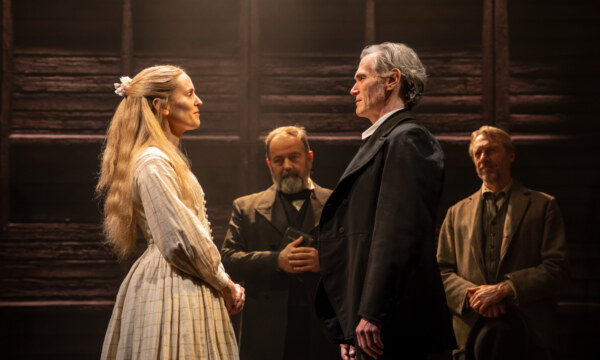

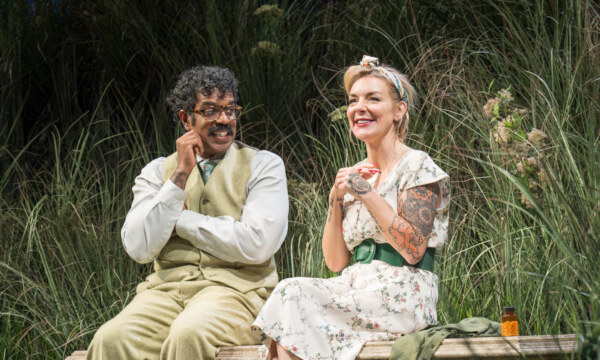
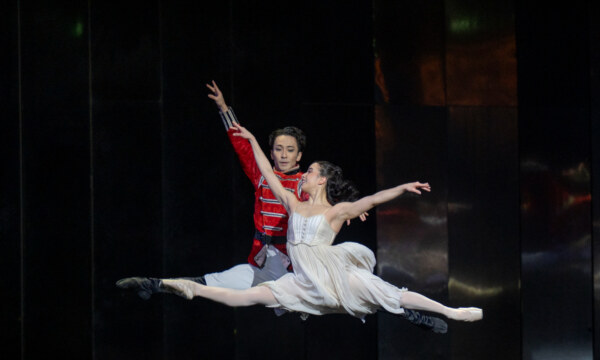
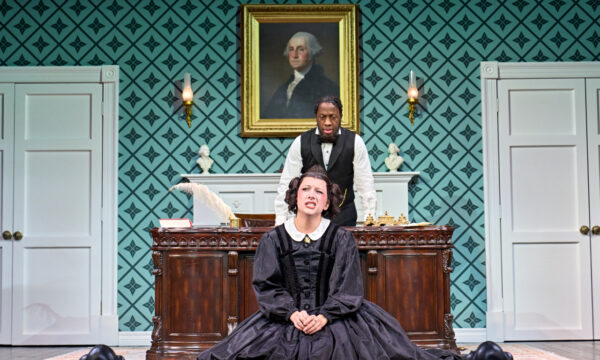
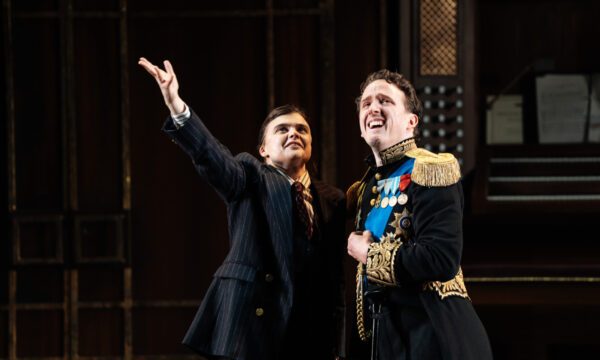

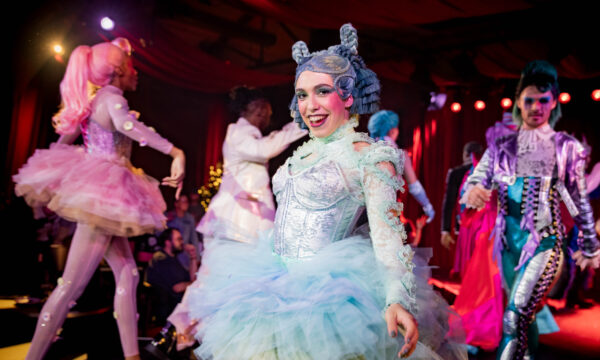



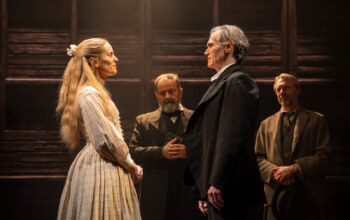
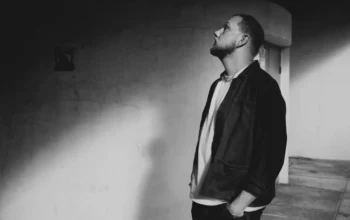









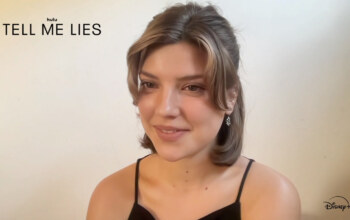
Facebook
Twitter
Instagram
YouTube
RSS